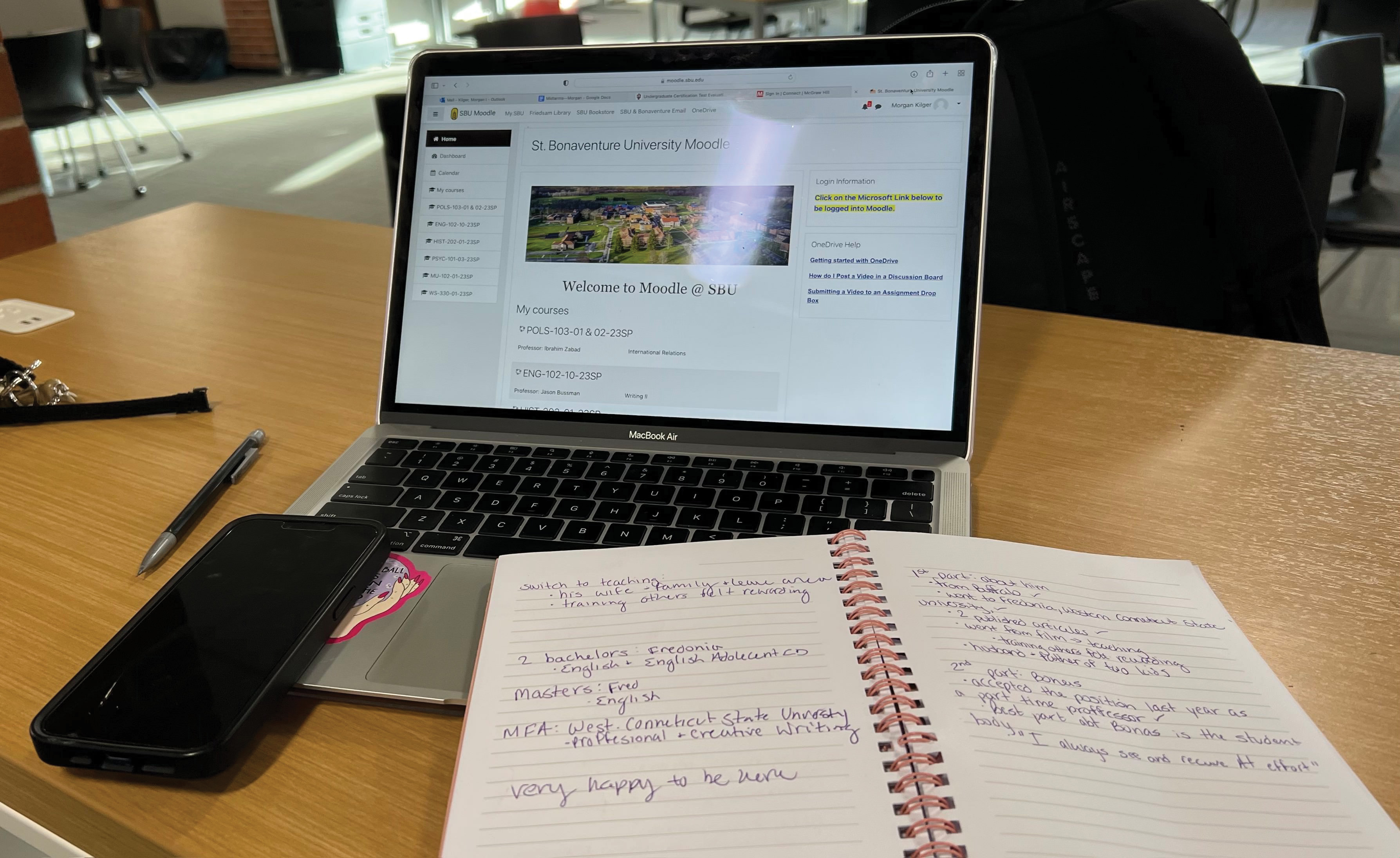By Kelsey Purcell, Contributing Writer
As students wrap up the fourth week back at college they have a lot of homework to complete. Many assignments are due, papers are in progress and tests are administered, students are procrastinating.
After attending a 75-minute class working on homework assignments is the last thing many students want to do. It can be draining to sit through a class and take notes, so students tend to put off their assignments if they do not feel like doing them right away.
There are many forms of procrastination such as avoiding work, putting assignments off and cramming to name a few. Some people avoid their work by doing something else instead, like playing video games, watching a movie or partying. Others may compensate for procrastinating by doing something beneficial rather than their assignments such as cooking, cleaning or working out. Many students stay up the night before tests, cramming to prepare instead of gradually studying during the week leading up to it.
Some rationalizations for procrastination are having apathy, habitually putting things off until the last minute and even forgetting to complete an assignment. An apathetic excuse to procrastinate is as simple as not feeling like doing homework at that moment. Others justify procrastination by claiming they can get an assignment done last minute or they do better under pressure. Some students just forget about an assignment if they do not have a good organizational system to keep track of their work.
Taking short breaks while studying or completing assignments is good for productivity. It is hard to focus on something for a long period of time. Taking breaks allows the mind to rest, reset and refocus when resuming on the assignment. Setting distractions aside such as turning off phone notifications may help students stay driven to finish their work and restrict the urge to get off task. Freshman adolescent education major, Lorelei Kelley says, “My phone is my biggest distractor, so I honestly put it on the opposite side of the room so then I can’t check it easily” in order to stop procrastinating on her assignments.
Staying motivated is also key when completing homework. It takes mental strength to focus on an assignment, but creating a reward system can incentivize homework completion. A reward could be watching an episode of a show, getting dinner or hanging out with friends after an assignment is finished.
It is also crucial to be engaged when working on an assignment. Just skimming over a 15-page reading is not effective. Instead of racing through the pages without retaining any information break the reading into smaller sections to process the material. Actively read it, annotate and take notes in order to properly focus.
It is important to plan out time dedicated to getting work done. Freshman Sydney Flaitz says, “I make a list of the tasks I need to complete, so I know what I have to get done for the day and then I feel accomplished afterwards.” Make a list of when assignments are due, set time aside to do them and follow through with the plan to put an end to procrastination.
Procrastination is a habit that many students have. It is possible to break the habit by planning time, limiting distractions and staying motivated when studying or working on assignments.
purcelkr20@bonaventure.edu








